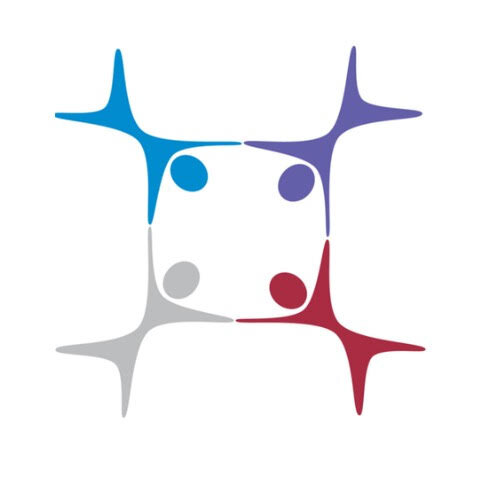Postdoc in Computational Cancer Genomics: Dietlein lab - Boston Children's
Job Summary:
The Dietlein Lab at Harvard Medical School (www.dietleinlab.org) is seeking a highly motivated postdoctoral research fellow in computational cancer genomics. Our projects span the entire range of data-driven precision medicine – from decoding fundamental principles of tumor development to applications of sequencing technologies in patient care and genome-inspired drug design. A specific focus of our lab are new bioinformatics tools to discover oncogenic mutations in cancer genomes. We are primarily affiliated with the Informatics Program at Boston Children’s (CHIP), the Broad Institute, the Dana-Farber Cancer Institute, and Harvard Medical School. They provide an ideal environment for exceptional creativity and thriving to your fullest potential.
About our research:
Recent highlights include:
We developed one of the first algorithms to discover noncoding drivers in cancer genomes
(Science 2022; https://pubmed.ncbi.nlm.nih.gov/35389777/).
We established a comprehensive resource of coding drivers in 11,873 patients
(Nature Genetics 2020; https://pubmed.ncbi.nlm.nih.gov/32015527/).
We created a platform for designing driver-directed combination therapies
(Cell 2015; https://pubmed.ncbi.nlm.nih.gov/26140595/).
Additional recent research highlights in Cancer Discovery, Nature Cancer, Nature Biotech, PNAS, and JNM: https://www.dietleinlab.org/publications
About our training philosophy:
We are dedicated to training the next generation of exceptional scientists, and it is at the heart of our mission that you thrive to the next career level. This includes guidance to establish a strong funding and publication record and dedicated mentorship for your personal career development.
With your start in our lab, we tailor a training plan to your specific strengths and needs, develop actionable teaching goals, and identify potential co-mentors and required resources. Our teaching includes weekly meetings, peer mentorship, and a joint seminar series. Besides a stellar scientific training environment and outstanding access to data and infrastructure resources, we provide our trainees with plenty of opportunities for their personal growth, including career development classes, attending national and international conferences, and dedicated time for planning the next steps in science, academia, and beyond.
All projects in our lab have immediate potential for clinical translational, but we realize that it requires a long way from computer science to clinics. We consider mutual respect and open communication the glue that holds our lab together. Our regular social gatherings build team spirit, and town hall meetings identify issues we can work on together. We know that cancer is a complicated puzzle, and we thrive on collaboration, collegiality, and data sharing. We have an excellent record of our mentees going to top-tier schools (Stanford, Dartmouth, MSKCC).
Requirements:
- Strong publication record (at least one first authorship required)
- Strong programming experience, preferably in Python, R, Java, C++, or Matlab.
- Strong quantitative skills in statistics, data science, or machine learning
- Independent funding record (preferred but not required)
- Highly motivated and able to work as part of a larger multidisciplinary team
- MD, PhD, or equivalent. If your expected graduation is within the next 6-12 months, please apply before your graduation. Applicants with a bachelor’s are encouraged to inquire about computational staff positions.
- Priority will be given to candidates with research experience in genetics or cancer. Candidates from other
fields or diseases should provide a strong rationale for seeking training in a cancer research lab.
How to apply:
Applicants should submit a cover letter, CV, and publication record to felix.dietlein (at) childrens.harvard.edu
You are also encouraged to include pdfs of up to 3 publications and contacts or letters of up to 3 references.
